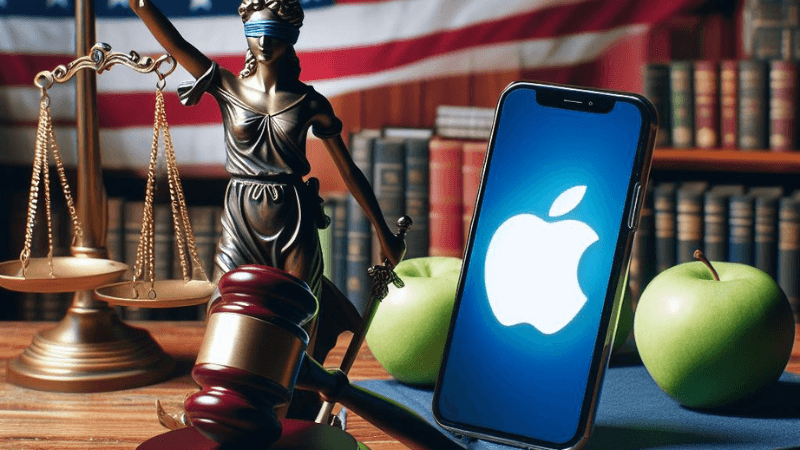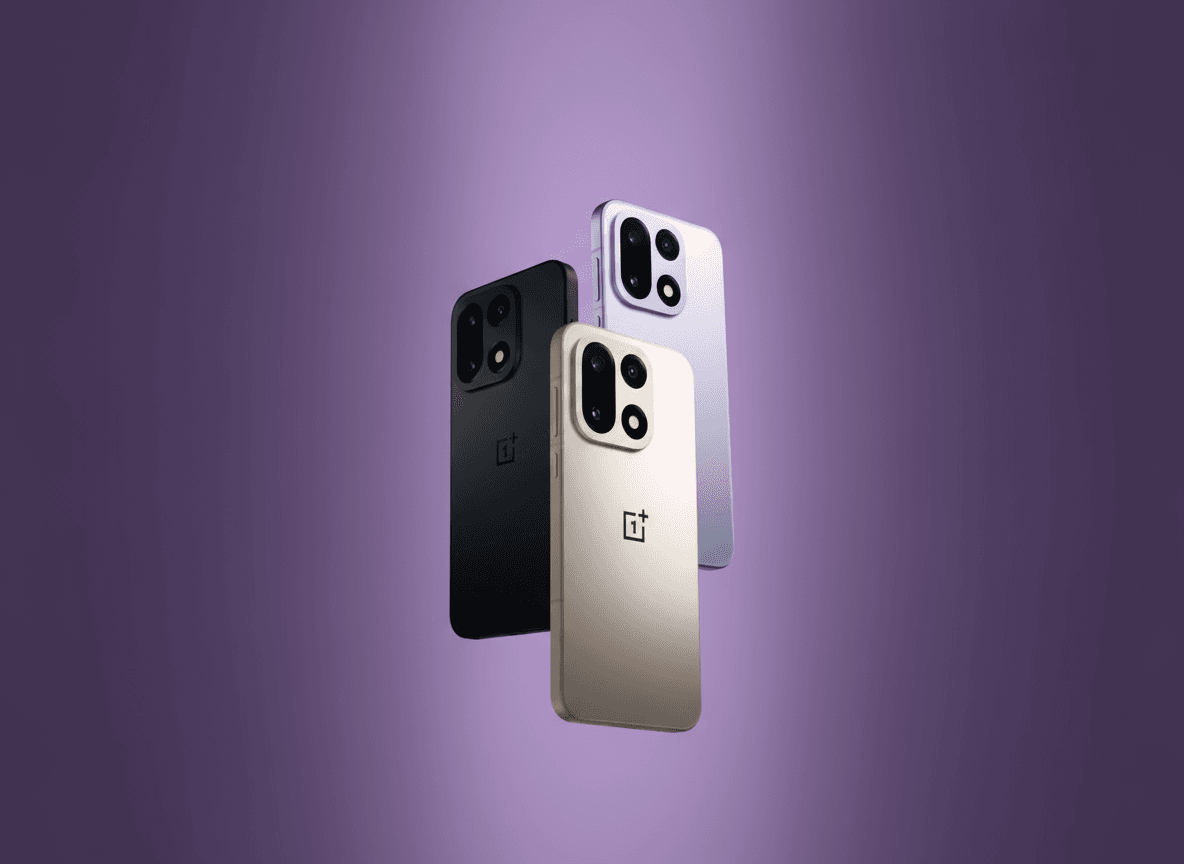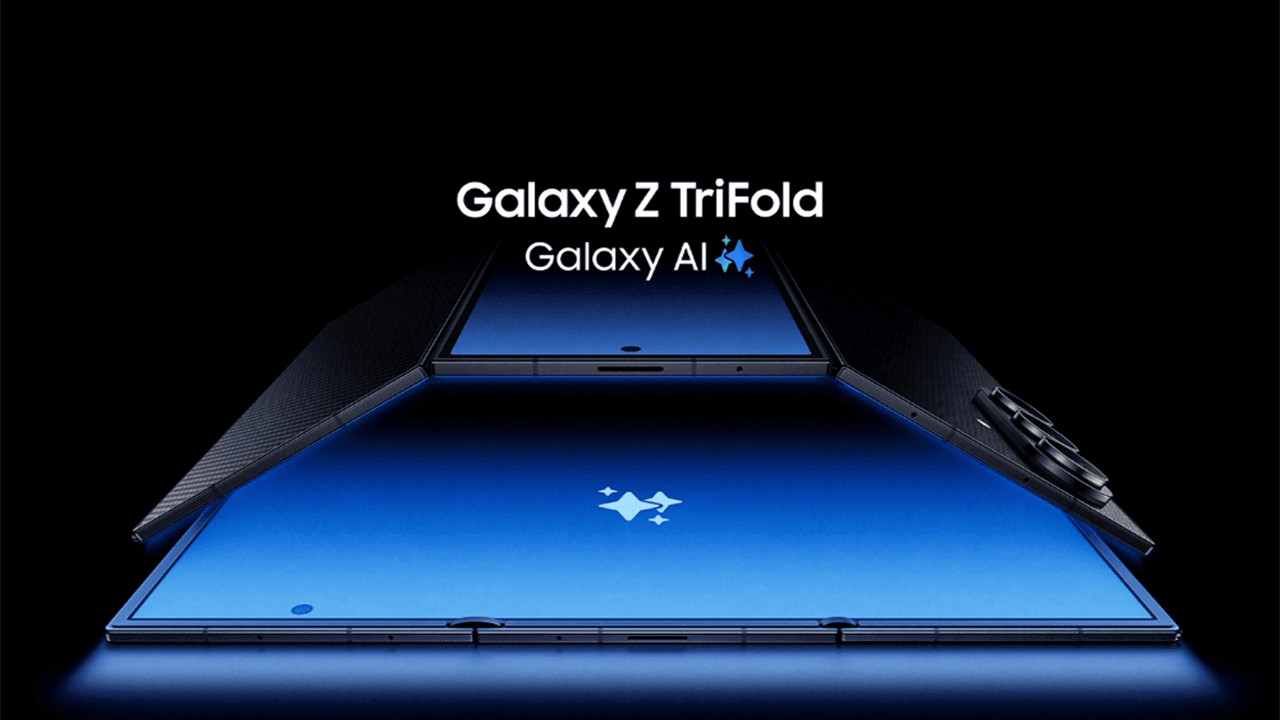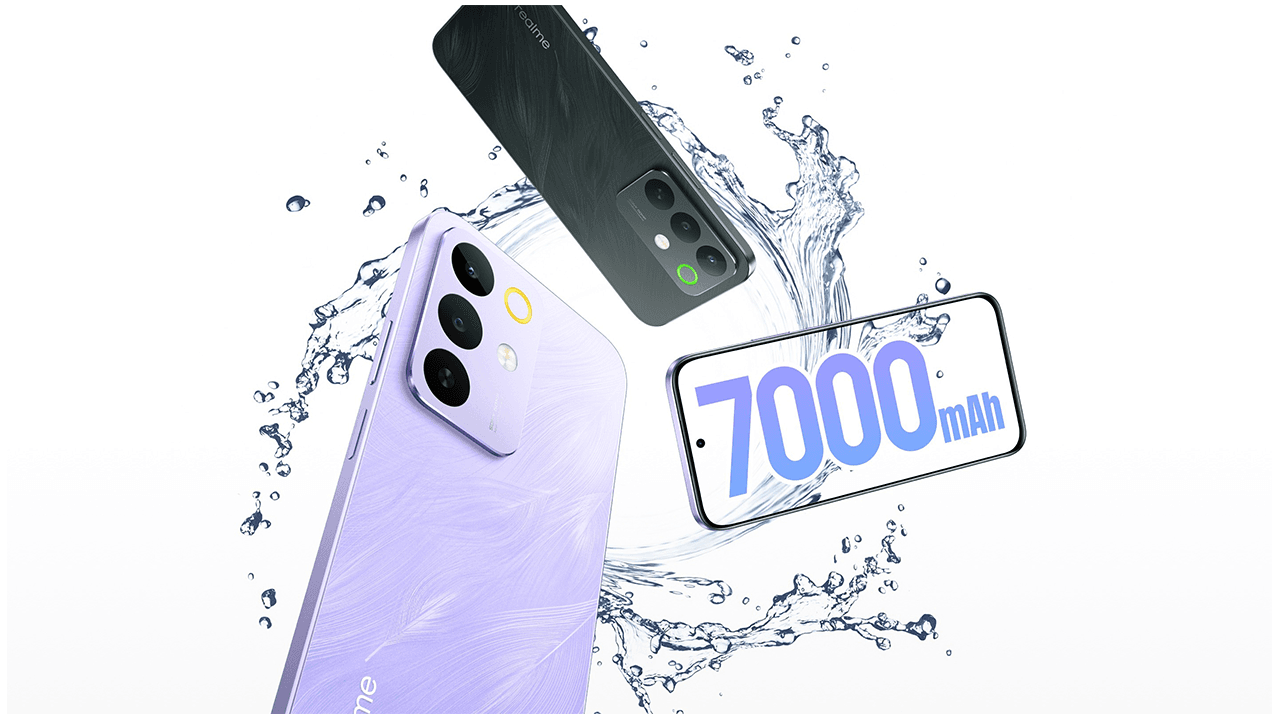Apple is being sued by the US Department of Justice for illegally controlling the smartphone market.

The US Department of Justice filed a lawsuit against Apple today, alleging that the business has illegally maintained a monopoly over the smartphone market by stifling competition, retaining customers, raising prices, and selectively placing contractual restrictions on developers.
Together with the 16 state and district attorneys it filed the lawsuit with, the DOJ claims that Apple "exercises its monopoly power to extract more money from consumers, developers, content creators, artists, publishers, small businesses, and merchants, among others."
In case you were curious, the green bubbles are indeed mentioned. As a matter of fact, one of the primary issues in the case is the repression of messaging quality between the iPhone and rival platforms.
It also addresses preventing third-party developers from building rival digital wallets with tap-to-pay features for iOS and restricting the functionality of third-party smartwatches on its iPhones, making it difficult for Apple Watch users to switch from the iPhone. Paradoxically, Apple was recently compelled by the EU's recently enacted Digital Markets Act to permit such third-party digital wallet functionality on iPhones; however, being Apple, the company only permitted this in the EU.
Additionally, Apple is charged with "disrupting" so-called "super apps"—imagine WeChat or Weixin in China for an idea of what we mean—which are applications that serve as shopping, payment, messaging, and even hubs for other apps simultaneously. It is rumoured that Apple deliberately took this action after realizing that permitting these apps would reduce "iOS stickiness" and facilitate users' transition to rival devices.
Another point is that Apple has been making unreasonable requests that limit the availability of cloud streaming apps for things like games (for example, every game should be submitted separately to Apple for its standard vetting process, even if it's a streaming title). It's said that this is being done to prevent users from running any game on extremely cheap hardware, which would reduce the need to buy a new iPhone every few years.
Jonathan Kanter, Chief of the DOJ Antitrust Division, stated:
“For years, Apple responded to competitive threats by imposing a series of ‘Whac-A-Mole’ contractual rules and restrictions that have allowed Apple to extract higher prices from consumers, impose higher fees on developers and creators, and to throttle competitive alternatives from rival technologies,”
In addition to prohibiting Apple from using "private APIs to undermine cross-platform technologies like messaging, smartwatches, and digital wallets," the DOJ is requesting that the US District Court for the District of New Jersey order Apple to cease "using its control of app distribution to undermine cross-platform technologies such as super apps and cloud streaming apps" and to stop "using the terms and conditions of its contracts with developers, accessory makers, consumers, or others to obtain, maintain, extend, or entrench a monopoly."
Apple's spokesman, Fred Sainz, gave the following response:
“The lawsuit threatens who we are and the principles that set Apple products apart in fiercely competitive markets. If successful, it would hinder our ability to create the kind of technology people expect from Apple — where hardware, software, and services intersect. It would also set a dangerous precedent, empowering government to take a heavy hand in designing people’s technology. We believe this lawsuit is wrong on the facts and the law, and we will vigorously defend against it.”
[via](https://www.theverge.com/2024/3/21/24105363/apple-doj-monopoly-lawsuit)
More Articles

OnePlus 15: Launch date, price in India, features, specs, and all the details you should know

Introducing Galaxy Z TriFold: The Shape of What’s Next in Mobile Innovation

Infinix GT 30 Pro Launches in India: Gaming Powerhouse with 1.5K AMOLED Display, Dimensity 8300 Chipset

iQOO 15 Review (2025): The Biggest Upgrade Yet in Power, Display & AI Performance

Apple Black Friday Sale in India: Biggest Discounts on iPhone 15, iPhone 16 Pro Max, iPhone 17 & More

Comments